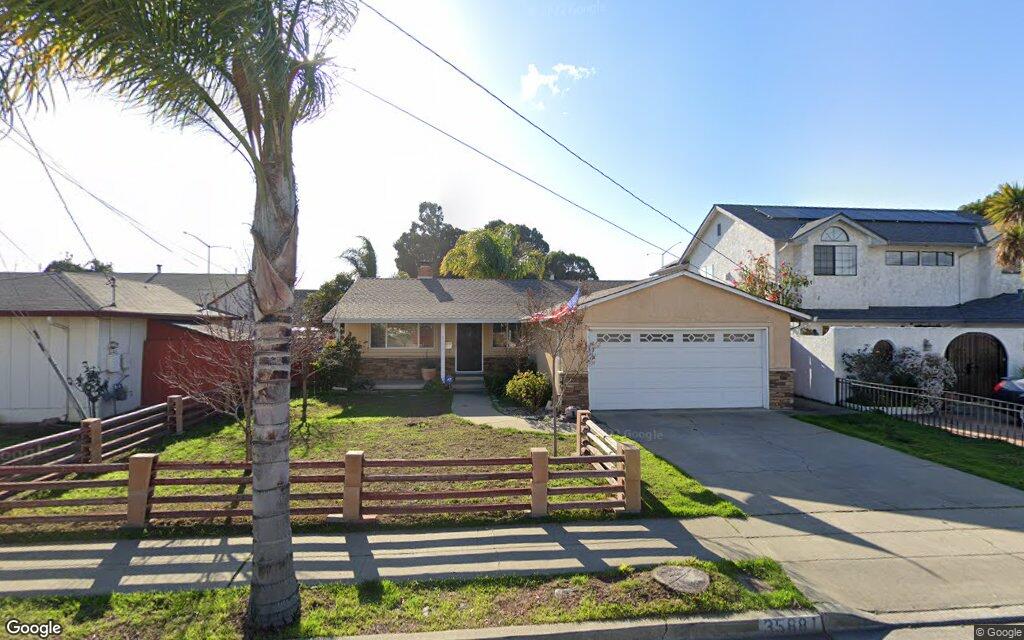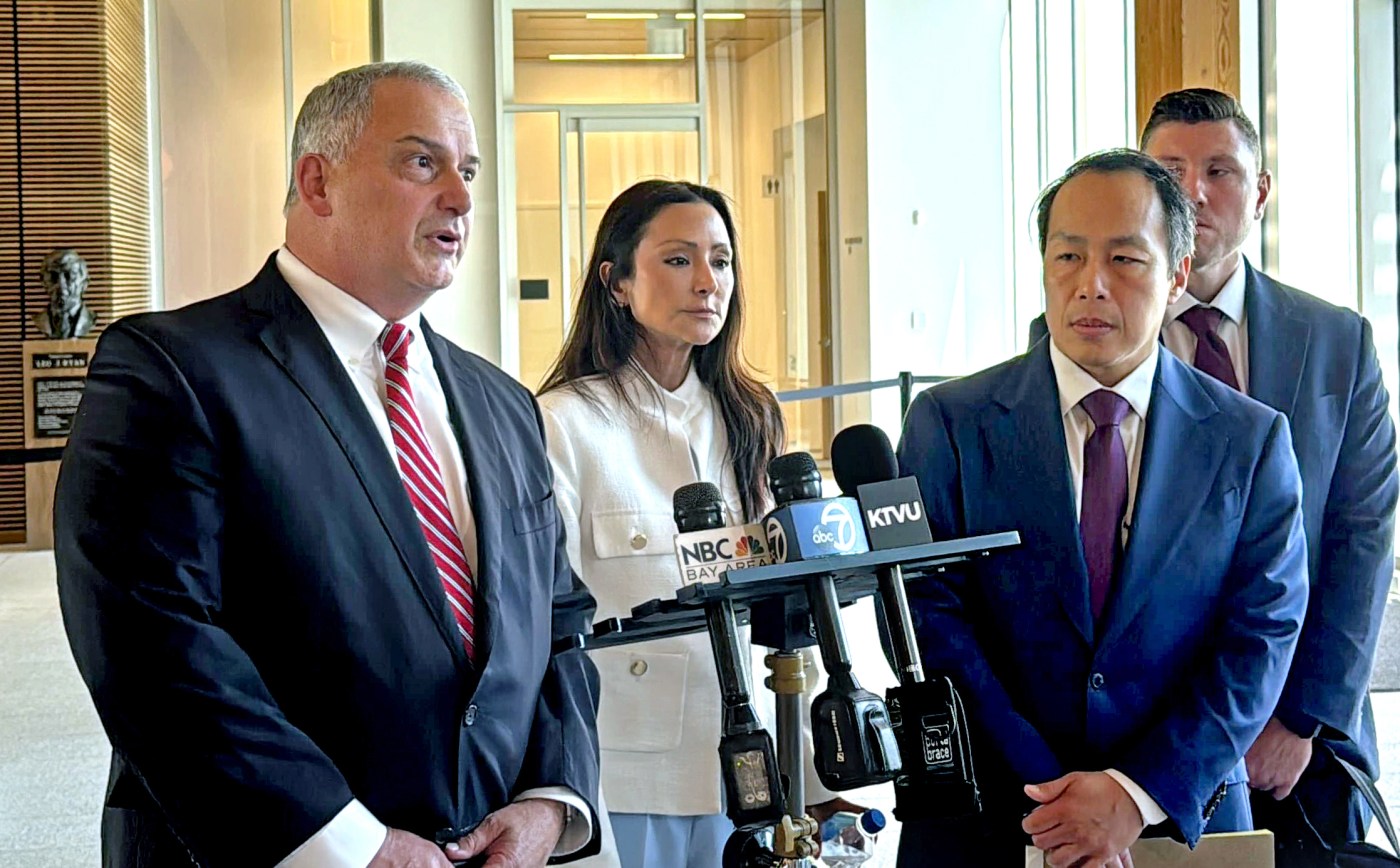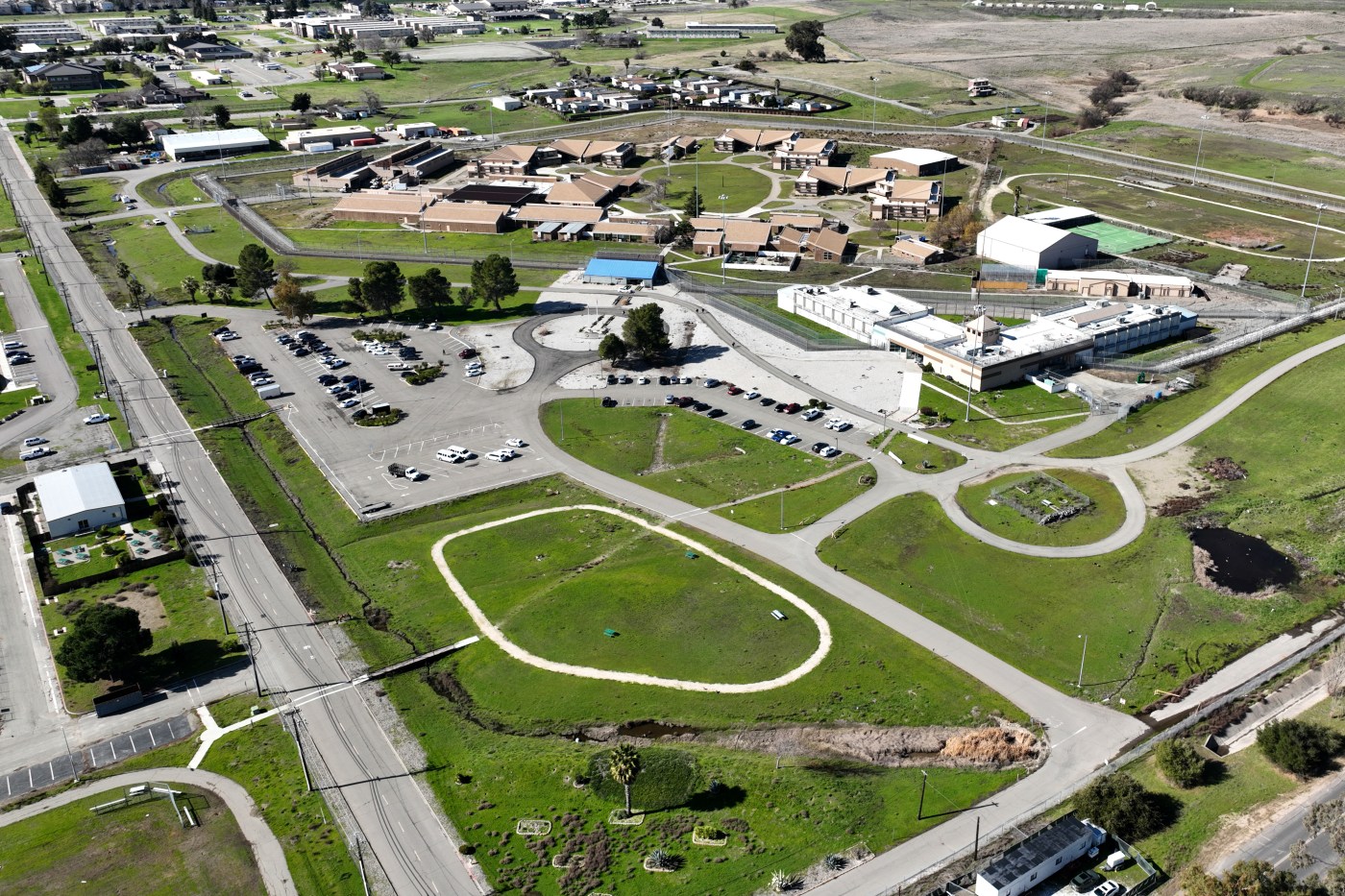Submit your letter to the editor via this form. Read more Letters to the Editor.
As state heats, CEQA
should be used more
Re: “How reforming CEQA will help solve state’s housing shortage” (Page A8, June 15).
In response to the recent commentary, I would like to argue that the California Environmental Quality Act (CEQA) is underused, not over-applied, in housing projects.
CEQA should be employed to mitigate increases in extreme heat caused by climate change.
The governor’s office states, “Extreme heat will impact every community in California and is a public health, climate resilience, and social equity problem. Climate change is causing more frequent and severe consecutive, unusually hot days and nights — known as extreme heat events.”
Therefore, an integral role of CEQA should be to mitigate incremental increases in the urban heat island effect, due to heating of pavement, buildings and other hardscape in cities. This is most appropriately done by employing the most effective method, according to the U.S. Environmental Protection Agency, by conserving and enhancing the cover of trees and other green space.
Don Thomas
Saratoga
Cutting funds will hurt
generation of scientists
I am close to finishing a Ph.D. in biophysics at Stanford University. For the first time in my career, I am no longer confident that I can stay in the United States to pursue science due to the sudden loss of federal support for scientific research. To make matters worse, Congress is considering cuts of over 40% to the National Science Foundation and National Institutes for Health budgets.
To ensure that we preserve American science for future generations, it is crucial that we act now. Even if the political tides change in 2026 and 2028, science in the U.S. will be irreparably damaged for a generation. Labs will close, projects will end, and resources that require continual upkeep will be lost.
We must show public support for science to ensure the proposed cuts to science are not implemented. Call your congressional representatives and tell your family and friends about the potential consequences of the proposed budget.
Sophie Walton
San Francisco
San Jose must build
more low-cost housing
As a fourth-year student at San Jose State, I’ve watched classmates struggle just to have a roof over their heads. Some live in their cars, others cram into overcrowded apartments, and a few have had to drop out entirely because they simply can’t afford rent.
It’s heartbreaking — and frustrating — to see luxury high-rises go up around us while affordable housing remains a buzzword with no real follow-through. Students, service workers and everyday San Jose residents are being priced out of their own city.
San Jose must do better. Prioritizing affordable housing isn’t just about economics — it’s about dignity and opportunity. We need faster action on affordable developments, stronger tenant protections and a commitment to keeping our community livable for all.
If we want to be a city of innovation, we can’t ignore the basic needs of the people who make this city move.
Issac Cantero
San Jose
Schools should provide
more than whole milk
After a long morning of classes, imagine being handed cow’s milk at lunch, even though it makes you sick. This is the reality for many students, especially Black, Indigenous and other people of color who are disproportionately affected by lactose intolerance, and others like myself who avoid animal products for ethical or environmental reasons.
As a recent graduate of the public K-12 system, the Whole Milk for Healthy Kids Act in Congress concerns me. It would allow schools to serve whole milk, which exceeds saturated fat recommendations by the Dietary Guidelines for Americans.
However, I’m encouraged that the Senate version includes key provisions to expand soy milk access — something schools currently deny unless a student presents a doctor’s note. Soy milk is recognized by the USDA as nutritionally equivalent to dairy milk and is an inclusive, digestible option.
I urge California’s House delegation to amend the bill so students can access fortified soy milk without a doctor’s note.
Morgan Greenlaw
Palo Alto
Overbuilding won’t help
make housing cheaper
Los Gatos’ history demonstrates a welcoming community, providing for new housing at sites identified for their suitable infrastructure accommodation, while preserving local neighborhood character and helping new residents to share such charm.
Related Articles
Letters: The Trump administration needs a lesson in integrity
Letters: Phonics alone won’t get California’s kids reading
Letters: Coverage of ‘No Kings’ rallies sold magnitude short
Letters: The hard work of change remains after ‘No Kings’ rallies
Letters: The military serves the people, not Donald Trump
However, now state legislators want more housing, motivating developers by removing local control of sites, design, height, density and parking requirements, which previously were reasonable, to achieve their mandated triple increase in new housing (1,993 units) between 2023 and 2031. History shows that overbuilding has not reduced costs. New development proposals allowed under these new state laws instead show new safety risks due to infrastructure, fault lines and fire hazards with significant traffic increases from non-suitable sites, including single egress streets. The jeopardy to current and new residents by elected officials, local and regional, is getting worse.
Learn more, inform your neighbors and notify our elected officials that they are undermining our quality of life while risking safety. Vote accordingly.
Lee Fagot
Los Gatos





